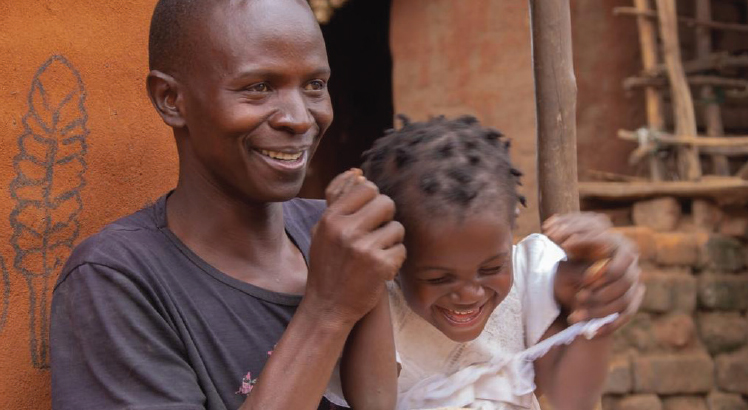The word out there
We live in a world hungry for information. And when those who can provide reliable material sometimes miss some niches, those hungry for updates have no choice but to believe what they can get.
The danger is when people believe the lies and use them to make decisions.
One sluggish afternoon, I was placidly sat in a barber’s chair at Devil’s Street in Lilongwe when the friend I was with reminded me of how rumour is born in the most unlikely of places.
The shop was but a small rectangular space whose walls wore mirrors almost from top to bottom.
Facing the mirrors were meanly-demarcated slots, about 12 in total, on which, at any given time, barbers busily operated. A good number of people sat waiting for their turns.
With the roof too low and such too many people under it, the indistinctly lit room felt dark and hot like a barn.
A large fan breathed noisily from one corner, trying hard to cool the congested space. But its efforts were just half the needed lot.
“Takulandirani
[welcome],” a Swahili accent had greeted us as we nosed inside, showing us where to sit in queue. Little did we know it was a welcome to the most daring of hearsay I have heard in so many months.
From almost the slots, the barbers and customers were equally engaged in talk on as many topics as night queens that throng the Devil Street in the night, Malawi’s football and its endless poor results and chief of them, the tipartite elections Malawi had on May 21 this year.
“Zinthu zizavutatu, mpaka akuti ku MEC anthu adya mabiliyonitu [it’s been an eventful period, and I hear some staff at MEC got billions for their role in bending the election’s results],” said one customer, to the support of some barbers and customers alike.
“Inenso imeneyo ndaimva! [I too have heard about that one!]”Echoed one barber.
“Ena akulephera kupita nazo ku banki, akwilira m’nyumba [some have even buried their lot in their houses because they cannot deposit it with banks],” went on another rumour.
“Ndadabwatu mfana wina miyezi itatu yokha ku MEC wagula njale [Tell me so, one guy has bought a car just after three months of employment at MEC],” said another.
“Akuti ku Kawale paja wina ndiye anagwidwa ndi lorry ya tunthu ya mavoti. Angapange zimenezo ulere? [And word is that in Kawale someone has been arrested for keeping a lorry load of cast ballots. Can that be for no good money?]”asked another.
Some customers stayed on many minutes after their haircut, feeling they would lose out on ‘information’ should they leave a story midway.
I sat looking at the guys, with no comment to make.
But from my Journalism background, I could sift rumour from fact. The free wheel of rumour was spinning too fast for facts to stand.
You see, information is power and no one wants to live without it. If it is not supplied willingly by those who have it on good authority, twisted versions make rounds and gullible people take them for the truth.
We have so much rumour going around. Fake news we now call it.
I now wonder how many people are getting caught in such rumour in the thousands of barbershops across the nation. How many decisions are made from such rumour? n


